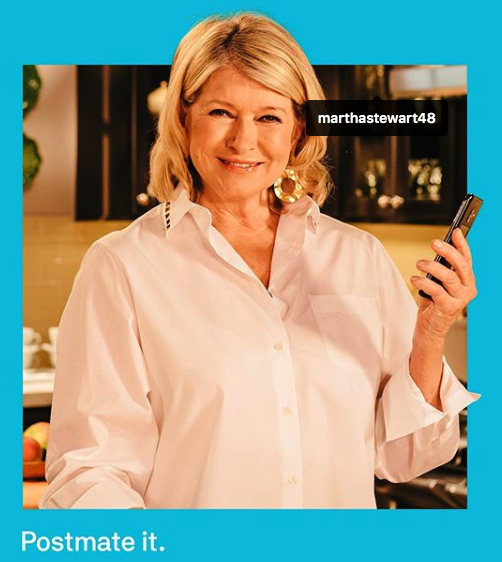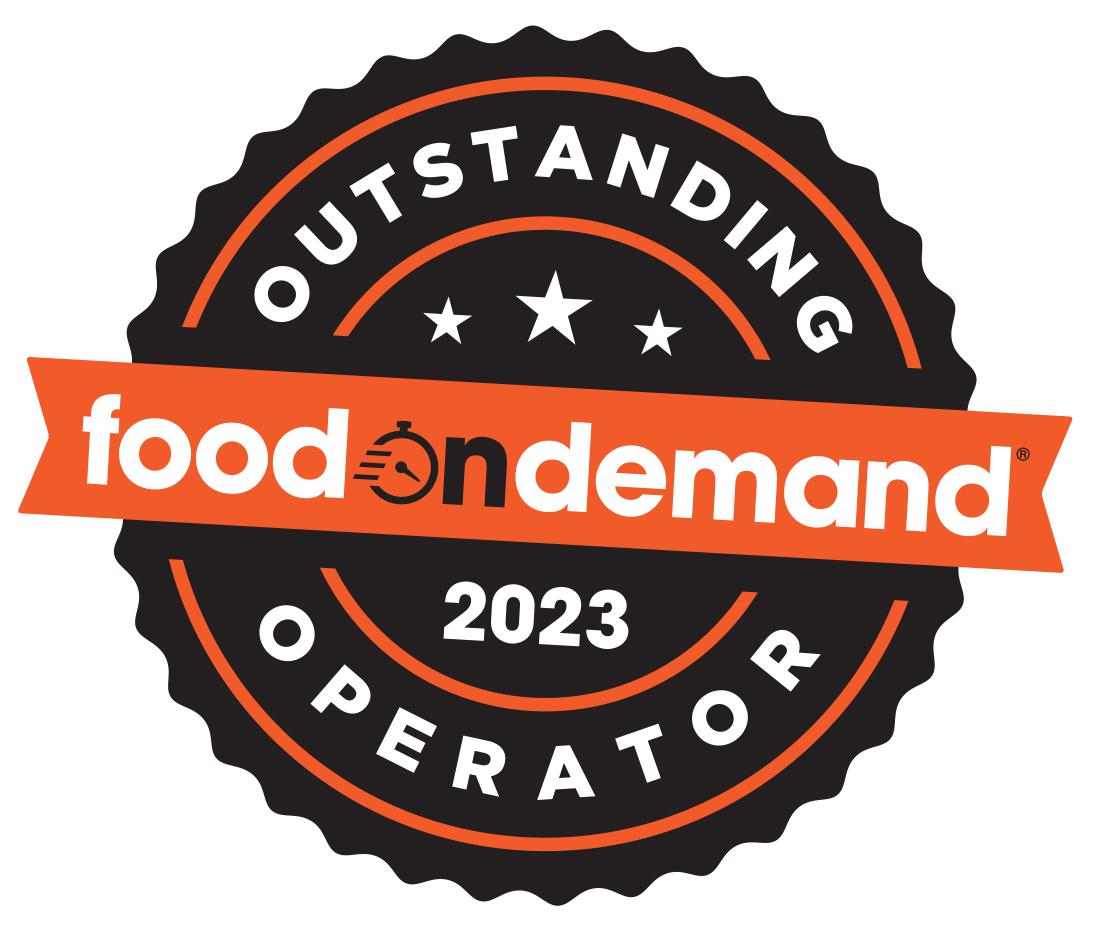Postmates is set to join Uber, Grubhub and Waitr in the public markets. According to TechCrunch, the company will file its S-1, the key document to register securities on the public markets next month.
Available details are sparse, but the company has partnered with Bank of America and JP Morgan to act as lead underwriters to help sell the stock to investors.
Postmates actually filed confidentially with the SEC back in February of this year, but the S-1 will provide a public view of the process for investors. According to various reports and rumors since that filing, the company explored a possible sale to DoorDash, but neither company would comment on those talks.
Shortly before that filing, Postmates completed a Series F investment round for $100 million, an earlier round than previous years and significantly less than the September 2018 round that brought $300 million into the company. So far, the company has raised $681.5 million.
According to various reports and the financing rounds, Postmates is approaching $400 million in revenue for 2019. That could peg an IPO offering at more than $2 billion. As of the series F round, the company was valued at $1.8 billion. By comparison, DoorDash has raised $2 billion and was valued at $12 billion in its series G round. Grubhub carries a market cap of $6.5 billion and raised $284.1 million in both pre- and post-IPO funding rounds.
Shares of Grubhub have nearly doubled in value since its IPO, but that’s far from a sure thing. Waitr shares have plummeted to $1.55 after an earnings miss, down significantly from when it went public in a SPAC merger. The company has secured banking firms to find a buyer.
If Postmates does move toward an IPO, it could mean some big changes for the company known lately for making bold moves with robotics, national advertising and novel partnerships. Those kinds of pie-in-the-sky projects don’t tend to get traditional investors excited unless it’s tied to revenue, especially if they miss earnings. Grubhub, for instance, has been pushing for order volume over all else in the ever more competitive land grab of delivery customers and restaurants.
Without many details around the actual filing, there’s a lot of conjecture floating around. But the push toward an IPO suggests three big things: This space is more competitive than ever, third-party networks are short on runway and early investors are hungry for returns.




